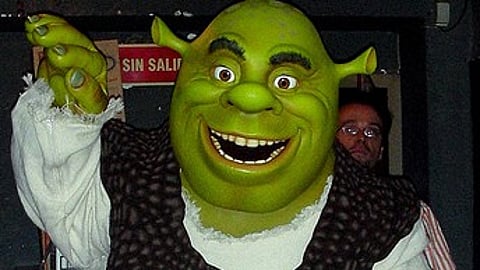The online response to “Shrekking” has been divided. Some users see the trend as a lighthearted way of addressing frustrations in dating. Others criticize it for encouraging superficial judgments and reinforcing stereotypes about attractiveness.
“We give a chance to the guy we’re not attracted to, thinking that he will definitely appreciate what he has and treat us well.” a TikToker said. “Then we end up traumatized by a whole troll.”
“Finally getting a fun term for when you give a 3/10 guy a chance and he treats you poorly,” another user wrote. A third mentioned that they’ve “been Shrek’d too many times.”


